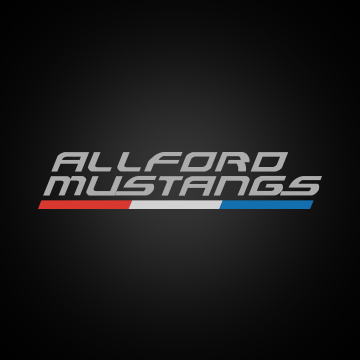Does the number of teeth on the ring and pinion make a difference in noise? True or BS I have heard more than a few times that the 9" 3.70 gear ratio was noisy. Tooth count is 37-10. Motive gear makes an Italian 3.75 gear with a 45-12 tooth count. I wonder if it makes a difference in noise? I talked to Alan Von Ahnen at Ford 8" and 9" for quite a while last Saturday about an inspection and gear swap but we we mostly talking about 3.89 and lower. I wish I'd brought up the subject.
![Image]()
Arte there gear ratios to stay away from, or just Commie crap in general?
Arte there gear ratios to stay away from, or just Commie crap in general?




